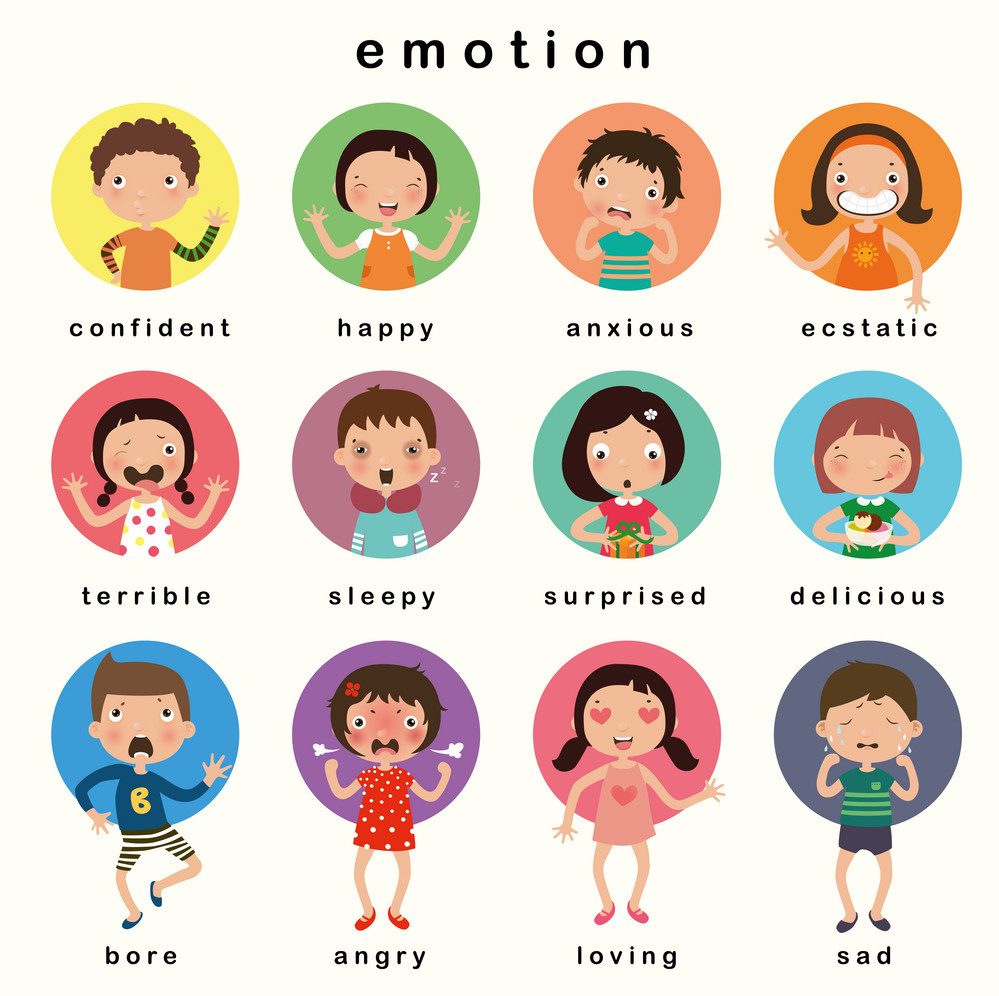
“IF you eat your dinner, THEN I’ll give you ice cream!”
This phrase may sound familiar if you’re a parent and you have experienced the end of the day exhaustion, frustration, and flat out defeat that comes when your toddler won’t eat his dinner. In a desperate plea to have your child comply, you offer this innocent bribe in hopes of motivating him to do what he’s told.
Parent educators Hiam Ginott and Alfie Kohn similarly suggest that bribes and rewards rarely inspire prolonged effort and instead buy temporary compliance that does little to change the heart or long-term interest in the enterprise for which the reward has been given (Dennis, n.d.).
Back in the early 1970s, a Stanford University study showed how using rewards can actually reduce motivation over the long term (Luskin, 2003).
Watch the following video of Alfie Kohn explaining the challenges with bribes and rewards on the Oprah Winfrey Show. Pay attention to what Alife tells Oprah bribes teach our children.
Alfie Kohn with Oprah – Click Here
The act of offering a bribe or reward signals to our children that what the parent is asking them to do is not something interesting to them. As a result, bribes are teaching our children to be externally motivated rather than internally. Some children even may begin to purposely misbehave in order to get the reward. You can read more about Alife’s thoughts on why bribes and rewards are still bad news for children’s behaviors on his website HERE.
So how do we help our toddler learn to eat his dinner because it’s good for him and will help him grow big and strong, instead of eating his dinner because mom or dad will give him a reward?
Alfie Kohn suggests that bribes are a “doing to” behavior and parents ought to practice a “working with” behavior. Working with our children to help them eat their dinner, or allowing them to choose to walk away and go hungry, or suggesting ideas for future dinners are all more effective solutions than bribing them for temporary compliance (Valiante, 2013).
Dr. Steve Dennis, College Dean of Education and Human Development of BYU-Idaho suggests parents consider rewards that aren’t physical or material. Instead of bribing with ice cream, reward children with your time, activities, or new expanding opportunities that will help children value the parent-child relationship and doing over owning (Dennis, n.d.)
Dr. Dennis teaches, “the goal of parenting is not manipulated obedience. Our goal is to influence the hearts and minds of children in ways that they have no more disposition to do evil, but to do good continually” (Dennis, n.d.).
With these tools in their parenting toolbox, parents are prepared to better help their children develop internal and authentic reasons for making good choices that more often agree with parental instructions, draw them closer to Christ, and save their parents some serious ice-cream dollars.
References
Dennis, S. (n.d.) What’s the Problem with Bribes? Retrieved from Brigham Young University Idaho Website: file:///Users/kylaford/Downloads/faml120_document_whatsTheProblemWithBribes%20(1).pdf
Luskin, C. (2003, September 1). Mark Lepper: Intrinsic Motivation, Extrinsic Motivation and the
Process of Learning. Retrieved from Stanford University School of Humanities & Sciences website: https://bingschool.stanford.edu/news/mark-lepper-intrinsic-motivation-extrinsic-motivation-and-process-learning
Kohn, A. (2018, October 28). Rewards Are Still Bad News (25 Years Later). New York Times. https://www.alfiekohn.org/article/rewards-25-years-later/
Valiante, G. (2013, September 5). Alfie Kohn on Oprah. [Video File]. Retrieved from
https://www.youtube.com/watch?v=_6wwReKUYmw



Leave a Reply